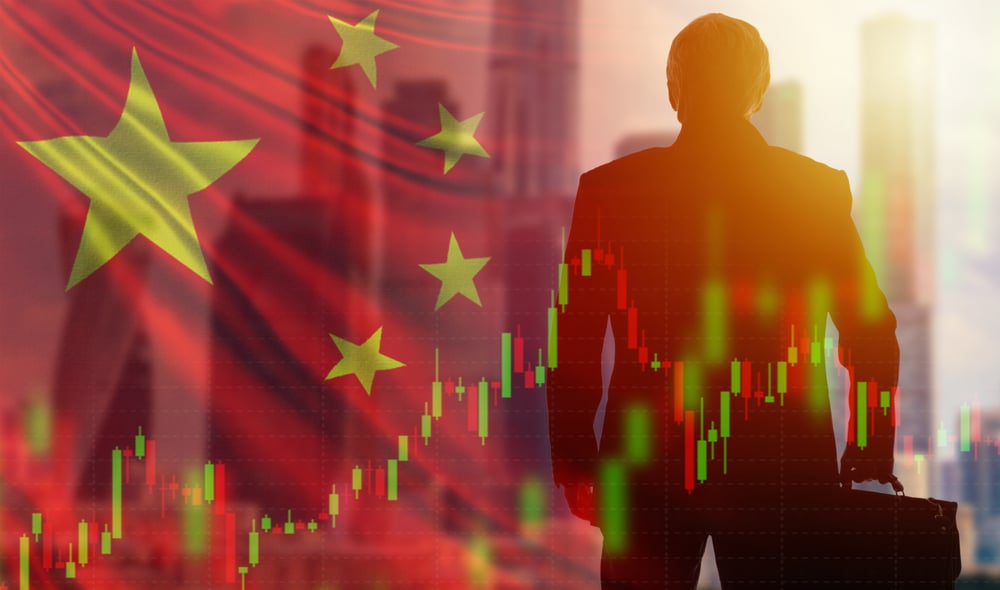In response to China’s economic downturn, the government has unveiled stimulus measures, cash handouts, and a property market shake-up. Xi Jinping acknowledged the challenges ahead, urging the nation to prepare. Research reveals growing disillusionment among Chinese citizens, with many losing faith in hard work paying off. Pessimism is rising, as economic grievances fuel protests and dissatisfaction with the government. Despite the stimulus, experts argue that more fiscal policies are necessary to address the slowdown and restore consumer confidence.
Economic Stimulus Initiatives
China’s recent stimulus measures include monetary policy changes aimed at reviving the property market and boosting consumer confidence. Xi Jinping’s government reduced interest rates, lowered mortgage downpayment requirements, and introduced cash handouts. However, these efforts may be too late to reverse the damage from prolonged lockdowns and economic stagnation. Analysts are calling for bolder fiscal policies to help prevent a deepening crisis.
Growing Disillusionment and Protests
New surveys show that fewer Chinese citizens believe hard work will improve their economic prospects, with less than half of respondents optimistic about the future. This growing pessimism is especially prevalent among younger people facing rising unemployment and low-wage jobs. The Chinese Communist Party’s legitimacy, built on decades of economic growth, is now being questioned. Protests across the country, many driven by economic grievances, have surged by 18% in the second quarter of 2024.
Rising Economic Discontent
The current economic slowdown, exacerbated by the COVID-19 pandemic, has exposed deep fractures in Chinese society. Surveys reveal that Chinese citizens are growing increasingly disillusioned with their economic prospects, particularly among the youth. Rising unemployment and low wages are driving many to take low-paying jobs or adopt a “lie flat” attitude, rejecting the relentless pressure of modern work culture. Moreover, many young people are moving back home, unable to sustain themselves in the cities. Protests, both physical and online, are also on the rise, with many driven by economic concerns.
Future Outlook
China’s leaders are concerned about rising protests and the potential for social unrest. While the recent measures have provided some relief, the government may need to roll out even larger fiscal policies to stabilize the economy. The Chinese Communist Party’s focus on controlling the narrative through censorship and repression suggests that they are deeply worried about the public’s growing dissatisfaction. For now, experts argue that China’s economy needs more than just stimulus—it needs a fundamental shift to restore faith and ensure long-term growth.




















